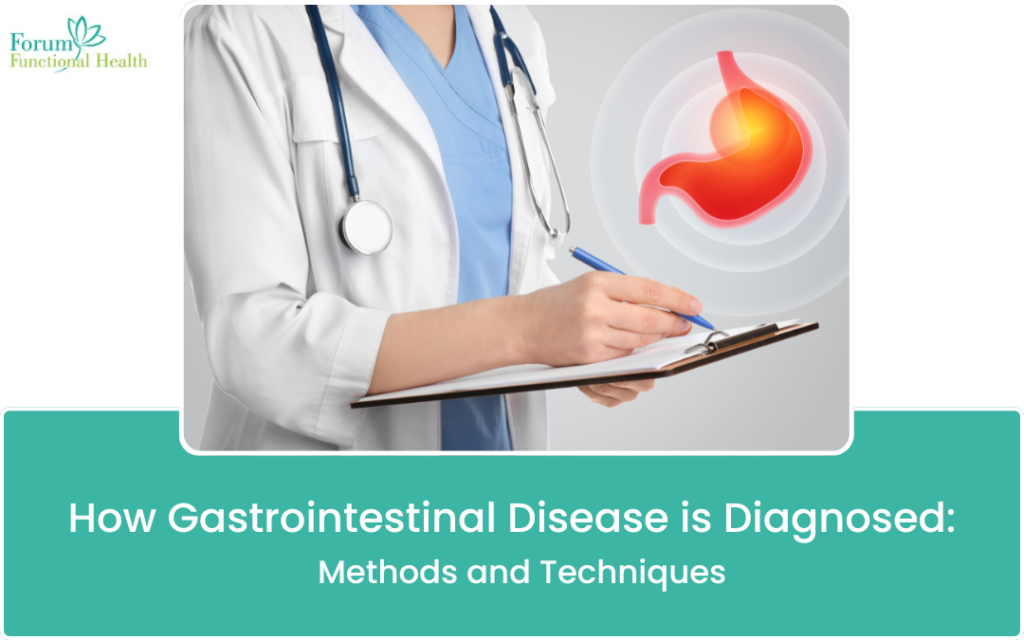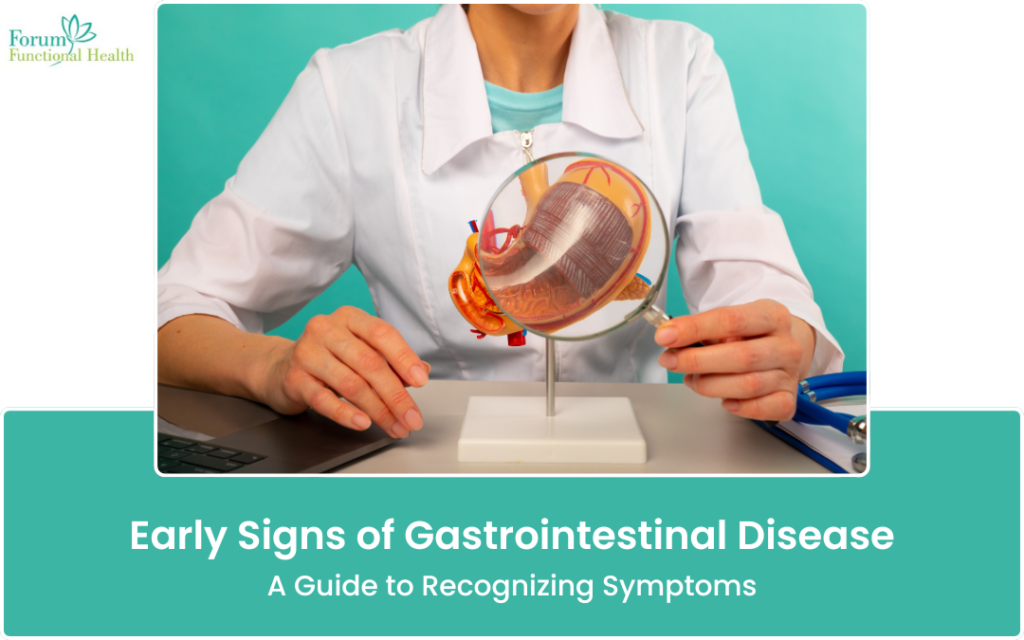11 Ways to Completely Revamp Your gastrointestinal disease Texas

Gastrointestinal (GI) diseases affect millions worldwide, causing discomfort, pain, and long-term health complications. Conditions like IBS, Crohn’s disease, ulcerative colitis, GERD, and gastroparesis can disrupt daily life—but the right approach can transform your gut health. In this 4,000-word guide, we’ll explore 11 science-backed ways to revamp your gastrointestinal disease management, covering: ✔ Dietary changes to heal your gut ✔ Lifestyle adjustments for better digestion ✔ Medical […]
How Gastrointestinal Disease is Diagnosed: Methods and Techniques

Gastrointestinal diseases can significantly impact one’s quality of life, causing discomfort and stress. Accurate diagnosis is essential to determine the appropriate treatment and help patients regain their well-being. In this blog post, we will explore the methods and techniques used to diagnose gastrointestinal diseases. If you’re seeking specialized care, the Forum Functional Health Center in […]
Early Signs of Gastrointestinal Disease: A Guide to Recognizing Symptoms and Seeking Treatment in McKinney, TX

Gastrointestinal (GI) diseases can be insidious, often manifesting with subtle symptoms that may go unnoticed until they escalate into more serious issues. Whether it’s discomfort after meals, persistent bloating, or irregular bowel movements, understanding the early signs of GI disease is crucial for timely intervention and effective management. In McKinney, TX, residents have access to […]
GI Tract Function and Wellness

A key factor in achieving optimum wellness and health is a properly functioning gastrointestinal or digestive system. Any program or attempt to maintain or recover optimum health can be completely undermined by a poorly functioning GI tract. Improper digestion leads to poor absorption of nutrients and constant irritation of GI lining. This can result in […]
